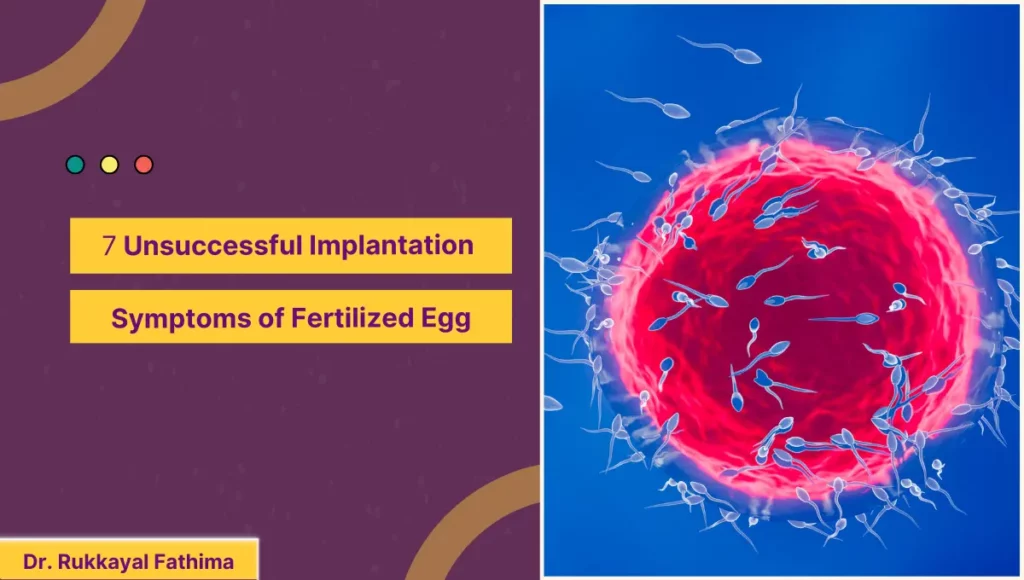Is test tube baby procedure painful
Test tube baby procedure or in vitro fertilization (IVF) process is a boon to many infertile couples around the world.
As with any medical procedure pain is also one of the possibilities of the IVF process. Yet pain is also a subjective experience for anyone undergoing IVF. For some injections scare the most and for some the medications do.
Instead of calling the test tube baby procedure painful, you can call it discomforting at times if speaking subjectively.
Pain During Test Tube Baby Procedure
With the sweet hope of having a baby at hand, many mothers consider the discomfort associated with IVF to be insignificant.
However, even when the pain of the IVF process is subjective it is essential to be aware of the discomfort associated with the process to manage the sensations better while undergoing the process.
Pain During Ovarian Stimulation Stage
During the ovarian stimulation phase, hormonal injections are prescribed to be administered almost every day until the period of ovulation.
These hormonal injections can be self-administered and cause a slight pinch-like sensation. If you are afraid of needles, you may feel hesitant toward these hormone shots.
Other than that, you will encounter hormonal fluctuations because of the hormone shots. Hormone level changes do not cause pain directly. They may cause some mild side effects such as bloating or nausea which can be countered through doctors’ help.
Pain During the Egg Retrieval Stage
While the eggs are retrieved you will be sedated mostly intravenously. You will not feel much pain during the retrieval process.
Mild cramping may accompany after the eggs are retrieved. These cramps are manageable with some rest or other relaxing techniques.
Pain During Embryo Transfer Stage
You do not have to worry about the embryo stage at all. The embryos are placed in the uterine cavity with no incisions required.
A small catheter is let into the uterus through the cervix of the vagina to transfer the embryos.
This stage may be followed by mild cramping and a little rest will heal the discomfort.
Emotional Pain Matters As Well
While talking about pain associated with test tube baby procedures both physical and mental pain have to be talked about. Mental or emotional pain matters as much as physical pain. Half of the battle is won in the mind while choosing to undergo the IVF process.
You choose to undergo IVF while knowing all the possibilities of pain present through and at the end of the process. You may or may not have a baby at the end of the process. But the hope of a baby that IVF promises sure outweighs all the pain, both physical and mental you can undergo.
Conclusion
You need all possible support when you undergo IVF.
First, you need yourself to support you, then your partner, family, friends, and above all your fertility specialist. You can always communicate to your fertility doctor about the fear of the pain you anticipate during the process.
Remember the result of a baby in your arms and your pains will be more than bearable.
Stay strong. IVF has got hope!
Why Choose Me?
You are not alone if you are frightened of taking up the test tube baby procedure. Many women raise this concern as much as they are passionate about having a baby through any means. As IVF Doctor I can understand this case of worry too well and we ensure that our patients get all kinds of required emotional support as they undergo their IVF journey.
We make sure that our patients feel comfortable in expressing their fears and anxiety as they embark on the IVF journey, and educate them regarding what the journey will hold and how we will help them through the phases of the journey.
Prioritizing the concerns of our patients has been a part and parcel of our service for decades and we are testaments for ministering unto thousands of couples facing the trouble of infertility and turning their dream of having a baby on their own into a reality.
Experience a safe, supportive, and healthy IVF journey with us.
You have to prepare both your body and mind for the IVF process. Eat fertility-enhancing foods, get proper sleep, stay hydrated, and abstain from alcohol, caffeine, and nicotine-based products. Also, surround yourself with positive vibes to stay away from stress.
You can continue with your normal activities after IVF. You need not take complete bed rest. But do not involve yourself in strenuous activities.
You will be asked to take medications if required upon consultation with your fertility specialist. Medications such as progesterone are prescribed after embryo transfer to ensure the implantation of the embryo.













